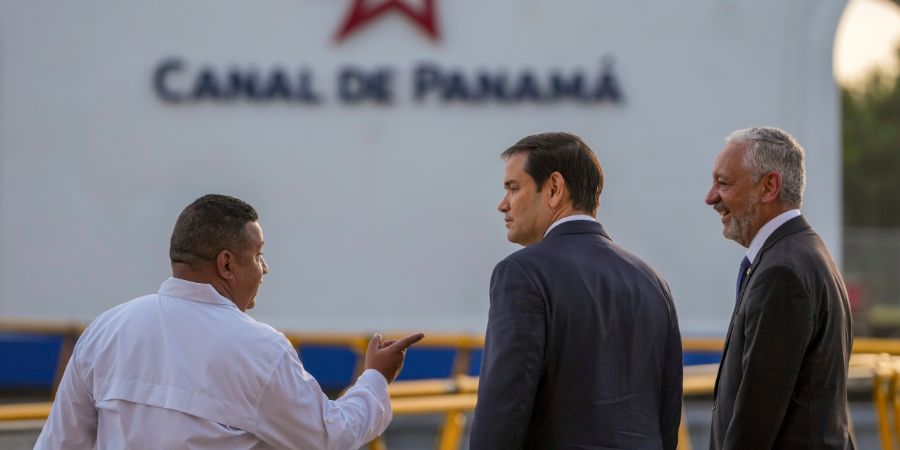
The U.S. and Panama are at odds after U.S. Secretary of State Marco Rubio retracted claims that U.S. government vessels would no longer pay transit fees through the Panama Canal. Panama quickly denied the assertion, sparking a diplomatic rift over sovereignty, economic policy, and international relations.
During a press conference in the Dominican Republic, Rubio stated that the U.S. "expects" Panama to eliminate transit fees but acknowledged that "Panama has a process of laws and procedures that they need to follow."
He emphasized Panama’s status as a democratic nation with its own regulatory framework but argued that it was unreasonable for the U.S. to pay fees to transit a canal it is obligated to protect in times of conflict.
“Those are our expectations. They were clear. They were clearly understood in those conversations,” Rubio stated, attempting to clarify his position following the backlash.
However, Panama’s President Raúl Mulino fiercely opposed the U.S. claims. Calling the initial statement from the State Department "intolerable," Mulino stressed that bilateral relations must be built on "truth, not falsehoods."
"The State Department is making an important and institutional statement from the entity that governs U.S. foreign policy based on a falsehood, and that is simply and plainly intolerable," Mulino asserted during a press conference.
The Panama Canal Authority (PCA), the independent entity responsible for managing canal tolls, issued a statement rejecting any claims of fee waivers.
“The Panama Canal Authority, which is authorized to set tolls and other fees for transiting the Canal, reports that it has not made any adjustments to them,” the statement read.

The Panama Canal remains one of the most critical global trade arteries, facilitating the movement of more than $270 billion worth of goods annually.
According to PCA data, the U.S. has paid a total of $25.4 million for military and government vessel transits over the past 26 years or an average of less than $1 million per year. While relatively modest in comparison to commercial shipping tolls, these fees have become a flashpoint in diplomatic discussions.
The controversy also highlights growing geopolitical concerns, particularly over China’s role in the region.
President Donald Trump recently reignited tensions by claiming that China is "running the Panama Canal," an assertion that Panamanian officials have refuted.
"China is running the Panama Canal that was not given to China, that was given to Panama foolishly, but they violated the agreement, and we’re going to take it back, or something very powerful is going to happen," Trump said.
Despite the inflammatory rhetoric, Mulino reassured Washington that Panama’s sovereignty over the canal remains undisputed.
He also confirmed that Panama would not renew a 2017 memorandum of understanding with China under the Belt and Road Initiative, signaling a shift in policy amid U.S. concerns over Beijing’s expanding influence in Latin America.
The U.S. controlled the Panama Canal from its completion in 1914 until 1999, when it was transferred to Panama under the 1977 Torrijos-Carter Treaties.
The agreements allow the U.S. to intervene militarily if the canal’s operations are threatened by internal or foreign forces. Since taking control, Panama has successfully expanded and modernized the canal, boosting its economic significance.
Today, the PCA operates the canal independently, with its administrator and board appointed by the Panamanian government.
Several international companies, including Hong Kong-based CK Hutchison Holdings, operate port terminals at both ends of the canal, but they do not control canal access—a key distinction emphasized by Panamanian officials responding to U.S. concerns.
As diplomatic tensions persist, the broader question remains: How will the U.S. navigate its strategic interests in the Panama Canal while respecting Panama’s sovereignty?
Lorem ipsum dolor sit amet, consectetur adipiscing elit. Suspendisse varius enim in eros elementum tristique. Duis cursus, mi quis viverra ornare, eros dolor interdum nulla, ut commodo diam libero vitae erat. Aenean faucibus nibh et justo cursus id rutrum lorem imperdiet. Nunc ut sem vitae risus tristique posuere.